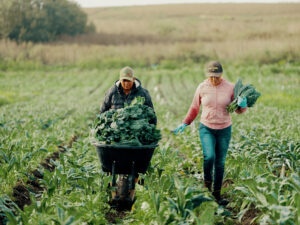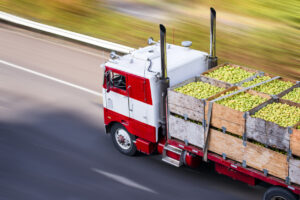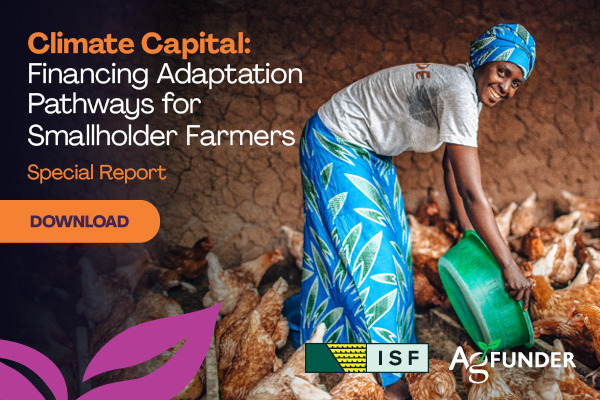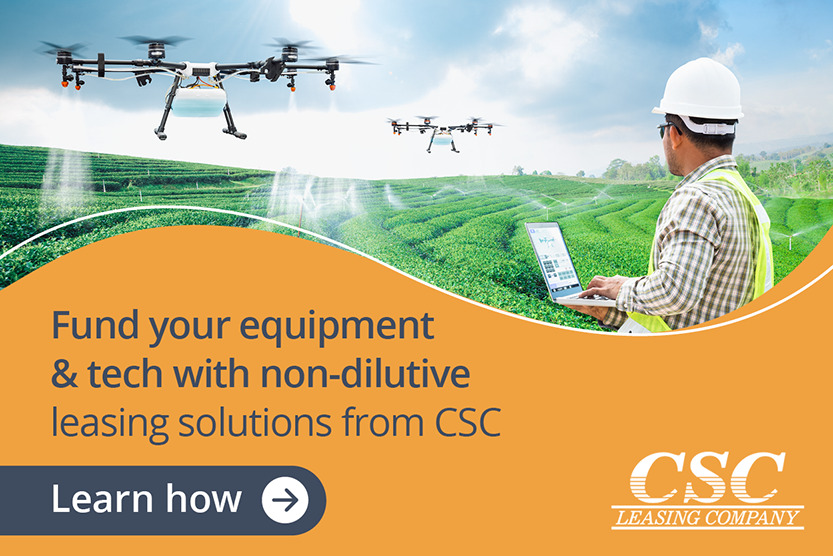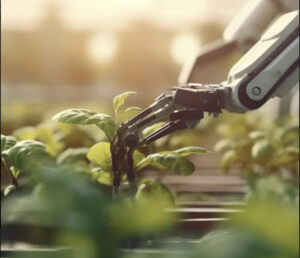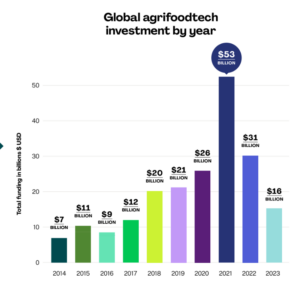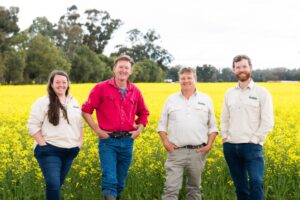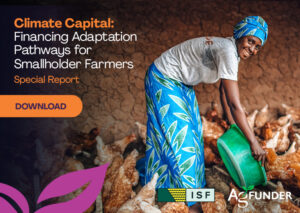Sound Agriculture, a US startup helping farmers reduce their nitrogen use and boost crop yields, is joining forces with UK-based petroleum giant Shell to measure the economic and environmental impacts of reducing ag-related nitrous oxide (N2O) emissions.
- The pair will conduct a feasibility study and pilot scheme to explore the offsetting and monetization potential of reducing on-farm N2O.
- Sound Ag will offer agronomic assistance to participating growers through the pilot season, and will underwrite any yield loss.
- Shell will provide project funding and work on improving N2O field sample monitoring and validation.
- Trimble and Viresco Solutions are also supporting the pilot scheme by assisting with program design, as well as data aggregation and validation to help quantify carbon credit potential.
Sound Ag produces an input called Source which can be applied to crops and the soil they grow in. It turbocharges microbes living in the soil so that they enhance the bioavailability of naturally occurring nitrogen and phosphorus – enabling farmers to cut down on applying synthetic fertilizers.
The Emeryville, California-based startup also offers an online tool, Performance Optimizer, which uses nitrogen application rates, soil data, and yield targets to identify where in the field Source should be applied for optimal results.
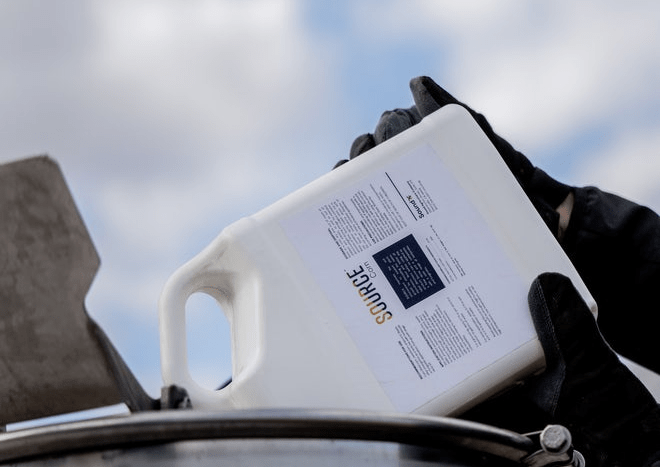
The bigger picture:
Many farms have trended towards over-application of synthetic fertilizers in recent years in an effort to boost yields and counter diminishing soil health.
One unintended consequence of this is runoff of excess nitrogen, much of which oxidizes into N2O – a highly potent greenhouse gas that is up to 300 times more efficient than carbon dioxide at trapping heat in the atmosphere.
- As much as three quarters of the US’s total human-caused N2O emissions come from agriculture; while on a global scale, anthropogenic N2O has grown 30% over the past 40 years, according to a paper published in Nature.
- Sound Ag argues that, while sustainable and regenerative agriculture practices such as cover cropping and reduced tillage are on the rise, nitrogen reduction has not been widely adopted as farmers consider it too much of a risk to their yields.
- On the other hand, supply chain issues and geopolitical strife have seen fertilizer prices skyrocket by as much as 300% over the past year – adding an economic factor to the sustainability incentives for nitrogen reduction.
Why it matters:
Much work is being done by startups, corporates, and governments alike to develop markets around soil health, which would allow growers to monetize their adoption of ‘climate-smart’ farming methods by selling credits to businesses looking to offset their own emissions.
However, the vast majority of these schemes are based on sequestering and measuring carbon in the soil; few if any are approaching the concept from a nitrogen reduction angle, according to Sound Ag CEO Adam Litle.
Shell and Merck back regenerative agtech Vence for its carbon and traceability potential – read more here
As one of the world’s leading extractors of oil and gas, Shell is a major source of emissions; and it’s interested in exploring diverse options for offsetting these – including through the incentivization of on-farm nitrogen reduction, Litle told AFN.
Sound Ag claims the pilot program with Shell could eventually cover 3 million farm acres, reducing up to 350,000 metric tons of carbon dioxide equivalent per year by 2027.
What they say:
Adam Litle, CEO, Sound Ag
“If we can reduce nitrogen use, and there’s a way for farmers to get paid for that by selling credits – Shell is interested in buying those. So together we’re doing some modelling to make [a system that is] easy and turnkey, to turn that nitrogen reduction into carbon credits… It could be a 3x RoI for farmers if carbon markets continue to grow.”


